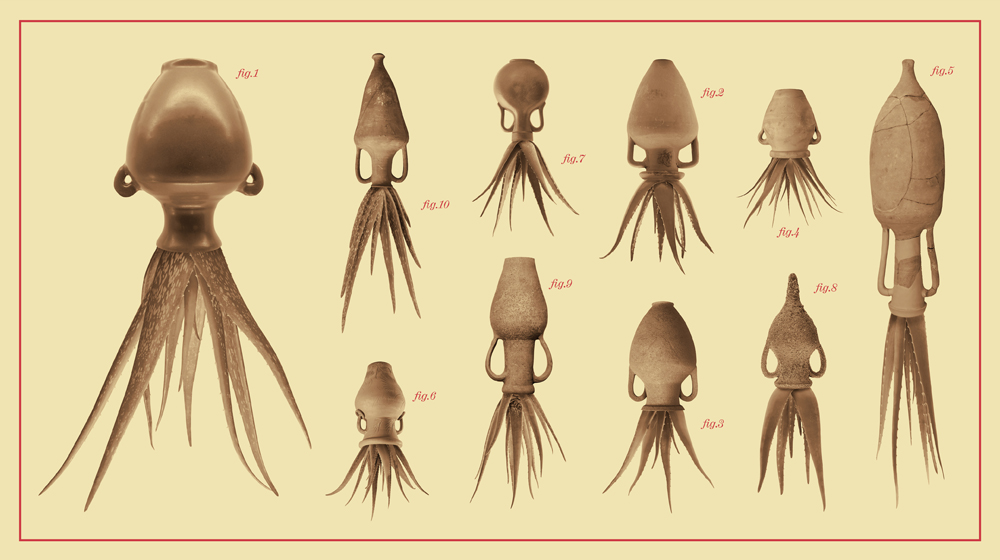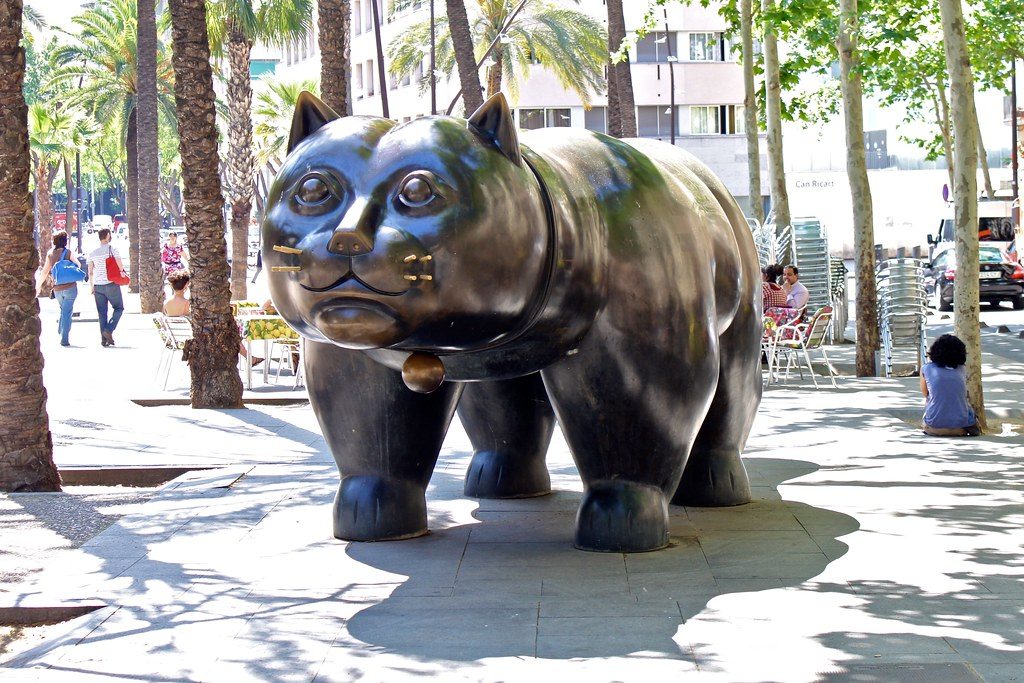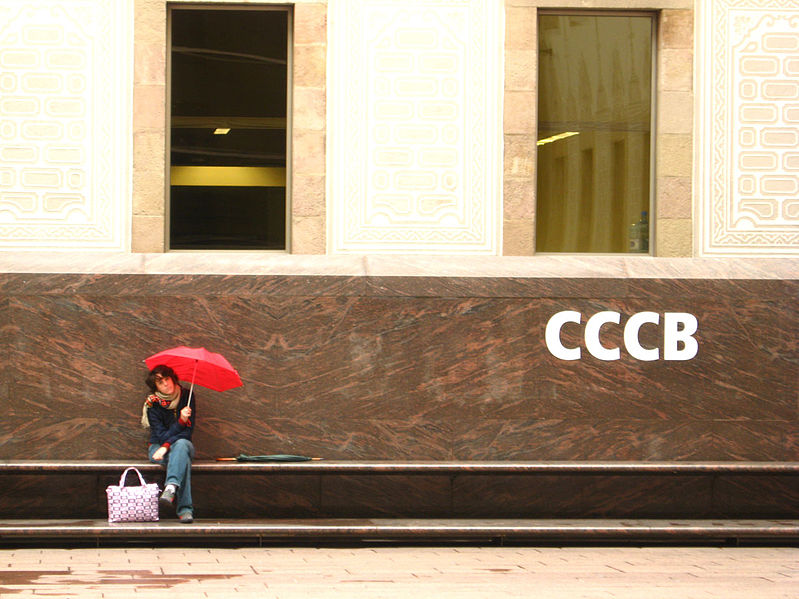¿Es posible imaginar otra manera de convivir con y en el planeta? La exposición «Ciencia fricción. Vida entre especies compañeras» explora estas cuestiones a través de una selección de obras artísticas y de piezas de divulgación científica, que estará abierta al público hasta el 28 de noviembre en el CCCB, muy cerca de nuestros hoteles. Una oportunidad para recorrer las calles del sorprendente y diverso barrio del Raval, camino de la exposición.

Cambio de paradigma
El planteamiento de un cambio de mentalidad y de sensibilidad recorre toda la exposición: La transición del antropocentrismo –visión del mundo centrada en lo humano que ha imperado en la cosmovisión occidental – al biocentrismo –lo humano se entiende como parte de un ecosistema. En el cual se cuestiona la supremacía de la especie humana y recoge una visión del mundo entendido como un ecosistema en el que conviven todas las especies del planeta. El ser humano es una pieza más dentro del ecosistema, reconociendo nuestra interdependencia y la necesidad de cooperación.
«Si como sostienen Haraway y Margulis toda la Tierra está viva, es hora de abandonar el mito de la supremacía y retomar contacto con nuestras numerosas compañeras terrestres.», Maria Ptqk
Al retomar una mirada sensible y relacional con otros seres vivos, con el planeta vivo, la crisis ecológica es entendida como una crisis de convivencia, una crisis de relación. Para sustentar este relato, la exposición es muy rica en obras artísticas en diferentes soportes, como las instalaciones inmersivas audiovisuales y sonoras, la realidad virtual, la pintura, el dibujo y el cine de vanguardia, así como piezas de divulgación científica.
La evolución de los derechos de la naturaleza
La exposición culmina con Time-Life-Time de Jaime Serra (2021), una instalación artística producida especialmente para la muestra y dedicada al movimiento por los derechos de la naturaleza. De acuerdo a este movimiento, se ha de reconocer que las especies animales y vegetales, así como ríos, montañas, valles o ecosistemas, deben ser protegidos por su valor intrínseco, por el solo hecho de existir, al margen de su utilidad para los humanos.
Un movimiento que se complementa con el cambio de paradigma que se intenta transmitir con el trabajo de la comisaria de la muestra Maria Ptqk, una serie de creadores, pensadores y científicos de todo el mundo y la colaboración y la asesoría científica de Ricard Guerrero, catedrático de microbiología de la Universidad de Barcelona, y Rubén Duro Pérez, divulgador científico.
El CCCB en el singular barrio del Raval

Ubicado a un par de calles de las Ramblas y de nuestro hotel Continental Barcelona, el CCCB -Centre de Cultura Contemporània de Barcelona – es un espacio dedicado a explorar los grandes temas de la sociedad contemporánea por medio de distintos lenguajes y formatos. Este año está de 20mo aniversario el Xcèntric, el cine del CCCB, un programa regular de proyecciones dedicado al cine experimental y de artistas. Por lo que si vas en este mes de noviembre, también podrás disfrutar de un conjunto de proyecciones, performances y charlas que conforman un homenaje al cine como experiencia colectiva.
Camino del CCCB podrás recorrer las calles del Raval, un barrio con mucha personalidad, lleno de vida y muy variopinto, capaz de causar infinidad de sensaciones. Reconocemos que no es la parte más cuidada de la ciudad, pero sí que es la parte más diversa, llena de historia y contrastes, por lo que vale conocerla. Podrás terminar tu visita al CCCB en un bar o cafetería emblemática del barrio, recomendaciones de l’Eix Comercial del Raval, o el mercado de la Boquería.
¡El Raval, el CCCB y los hoteles Continental Barcelona y Continental Palacete te esperamos!


